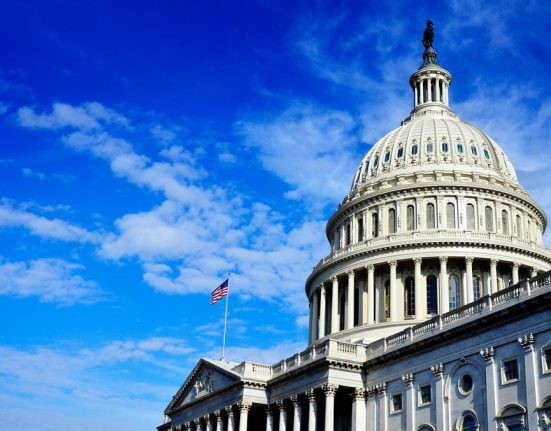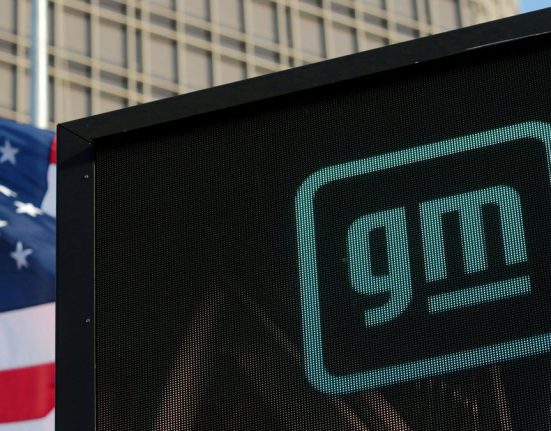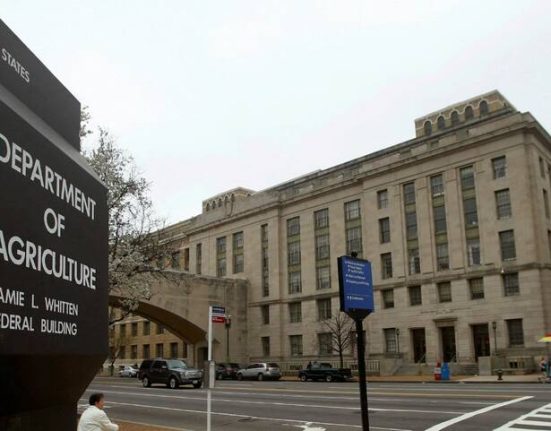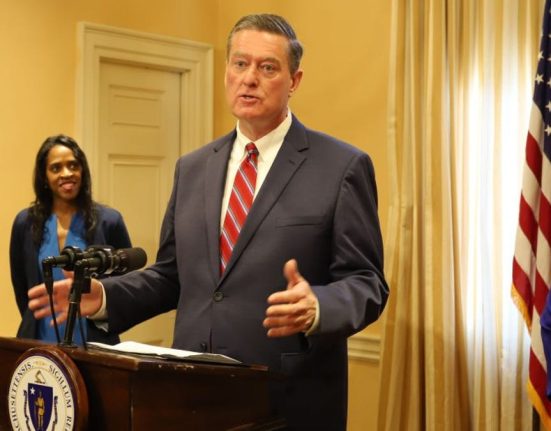ABUJA, Nigeria (AP) — The World Bank has approved a $2.25 billion loan for Nigeria to shore up revenue and support economic reforms that have contributed to the worst cost-of-living crisis in many years for Africa’s most populous country.
The bank said in a statement late Thursday that the bulk of the loan — $1.5 billion — will help protect millions who have faced growing poverty since a year ago when President Bola Tinubu came to power and took drastic steps to fix the country’s ailing economy.
The remaining $750 million, the bank said, will support tax reforms and revenue and safeguard oil revenues threatened with limited production caused by chronic theft.
President Tinubu’s economic reforms — including ending decadeslong but costly fuel subsidies and unifying the multiple exchange rates — have resulted in surging inflation that is at a 28-year high.
Under growing pressure from citizens and workers protesting the hardship, Tinubu’s government said in May that it was seeking the loan to support its long-term economic plans.
Under growing pressure from citizens and workers protesting the hardship, Tinubu’s government said in May that it was seeking the loan to support its long-term economic plans.
Mohamed Malick Fall, the U.N. humanitarian coordinator in Nigeria, told a U.N. news conference in New York that about $800 million will go to a cash transfer program that will enable the number of households benefitting from social support to increase from 3 million to 15 million. That will help alleviate immediate suffering and means it could impact up to 70 million people, considering that every household has five to seven people, he said.
Fall said the government has put about $450 million into a social protection scheme and to sustain the social safety net in the long=term, the U.N. is advising them to develop a sustained investment program that isn’t dependent on foreign assistance as part of its poverty alleviation plan.
The government said it was also taking steps to boost foreign investment inflows which fell by 26.7% from US$5.3 billion in 2022 to US$3.9 billion in 2023, according to the Nigerian Economic Summit Group think tank.
Nigeria already has a high debt burden that has limited how much money the government can spend from its earnings. Its reliance on borrowings for public infrastructure and social welfare programs saw public debt surge by nearly 1,000% in the past decade.
The World Bank, however, said it was “critical to sustain the reform momentum” under Tinubu. The government’s economic policies have placed the country “on a new path which can stabilize its economy and lift its people out of poverty,” according to Ousmane Diagana, the World Bank vice president for Western and Central Africa.







